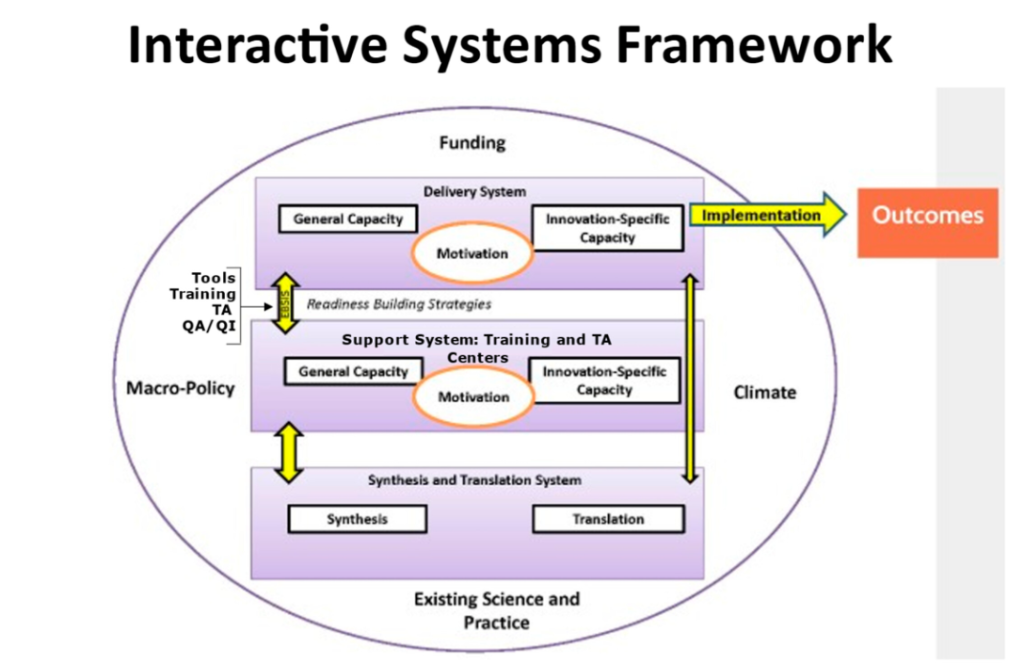
The Power Behind Public Health Initiatives
When you think of public health, what comes to mind? Vaccinations? Clean water? Smoking cessation programs? While these are all vital, there’s a hidden hero behind these successes: the training and technical assistance centers (TTACs). These centers play a crucial role in helping health organizations implement effective programs.
However, a recent special issue reveals a surprising gap in how these centers themselves are evaluated. Let’s dive into why this matters and what it means for the future of public health.
The Unsung Heroes of Public Health
Every year, U.S. federal agencies invest hundreds of millions of dollars in TTACs. These centers support delivery system organizations like health departments, schools, and substance abuse treatment centers by providing training and technical assistance (TTA) to help implement evidence-based programs (EBPs). Despite their crucial role, the effectiveness of TTACs themselves is rarely evaluated using evidence-based methods. Instead, evaluations often focus on the number of training sessions held or the satisfaction of participants, without digging into the more substantive outcomes.
The Paradox of Evidence-Based Support
It seems counterintuitive, right? We rely on evidence-based programs to improve public health, but we don’t always apply the same rigorous standards to the support systems that help implement these programs. This oversight can be costly, leading to wasted resources and missed opportunities for improving public health outcomes. The key question the study addresses is: how effective are these TTA services in reality?
Bridging the Gap Between Research and Practice
A recent special issue in the journal Evaluation & the Health Professions sheds light on this issue. The special issue emphasizes the importance of evaluating TTACs to better understand their impact and improve their effectiveness. This approach aims to strengthen the science and practice of implementation support, which is essential for bridging the gap between research and practice in public health.
Why Should We Care?
For public health practitioners and researchers, this research is an important reminder. By understanding and improving how TTACs operate, we can ensure that the programs they support are implemented more effectively, leading to better health outcomes. This not only saves money but also enhances the well-being of communities across the country.
The Complexities of Implementation Support
Implementing new health programs is no small feat. Practitioners often face numerous challenges, from lack of funding and support to resistance within their organizations. TTACs are designed to provide the necessary training and technical assistance to overcome these barriers. However, without proper evaluation, we can’t know if these centers are truly helping practitioners build the skills and knowledge they need.
Developing a Theory of Change
The article suggests that viewing TTA as an intervention in itself requires a theoretical framework to explain how it leads to behavior change. This involves understanding how TTA strategies affect practitioners’ knowledge, skills, and motivation, ultimately improving the delivery of evidence-based interventions.

Real-World Examples and Future Directions
The special issue features several articles that provide real-world examples of how TTACs operate and their impact. For instance, one study evaluated the Substance Abuse and Mental Health Services Administration’s technology transfer centers, highlighting the need for continuous quality improvement (CQI) as a cornerstone of effective TTA.
Another article examined how TTACs select and disseminate evidence-based programs, particularly in rural areas where resources are limited. These insights are crucial for developing more effective support systems that can adapt to various contexts and needs.
Join the Conversation
We want to hear from you! What are your experiences with training and technical assistance in public health? Do you think TTACs should be evaluated more rigorously? Share your thoughts in the comments or on social media using #PublicHealthSupport.
- How has training and technical assistance impacted your work in public health or related fields?
- What changes would you suggest to improve the effectiveness of TTACs?
Conclusion: A Call to Action
The research highlighted in this special issue underscores the importance of applying evidence-based approaches to the evaluation of TTACs. By doing so, we can ensure that these centers are truly effective in helping health organizations implement successful programs. This, in turn, will lead to better health outcomes and more efficient use of public resources. As public health practitioners and researchers, it’s crucial that we advocate for more rigorous evaluations of TTACs to maximize their impact and ultimately improve the health and well-being of our communities.
Empower Your Network – Subscribe and Share!
Unlock key insights with ‘This Week in Public Health.’ Subscribe for free and share to drive change as part of a dedicated community.



